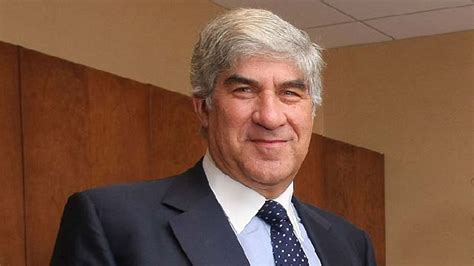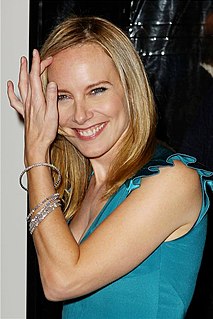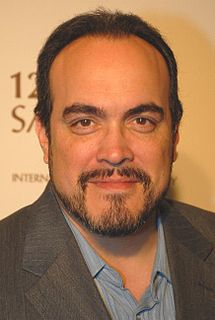A Quote by Michelle Monaghan
I think if you find that you're making a judgment on the character, than your audience will make a judgment on the character.
Related Quotes
I think you should identify with your character, but plenty of people like themselves and hate themselves. You just have to find out what's truthful for the person you're playing. When people talk about that, I think what they're saying is that as an actor, as Peter, you don't want to make a judgment that comes from your worldview about the character. Your judgments should be coming from the place of the character, and within that space, sure, you could love or hate yourself or whatever you think is most appropriate.
Michael Marcus taught me one other thing that is absolutely critical: You have to be willing to make mistakes regularly; there is nothing wrong with it. Michael taught me about making your best judgment, being wrong, making your next best judgment, being wrong, making your third best judgment, and then doubling your money.
Rely upon your own judgment; be true to your own conscience; follow the light that is within you; all outward lights are so many will-o'-the-wisps. There will be those who tell you that you are foolish; that your judgment is faulty; that your conscience is all awry, and that the light within you is darkness; but heed them not. If what they say is true, the sooner you, as a searcher of wisdom, find it out the better, and you can only make that discovery by bringing your powers to the test. Therefore, pursue your course bravely.
I love it and it is a blessing to be able to have seventy-five to eighty episodes to develop a character and find your voice. You have a similar through voice, and yet you are making different decisions, and so you act differently and you make different choices, as that is what your character would do.




































